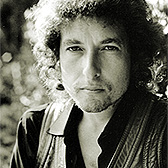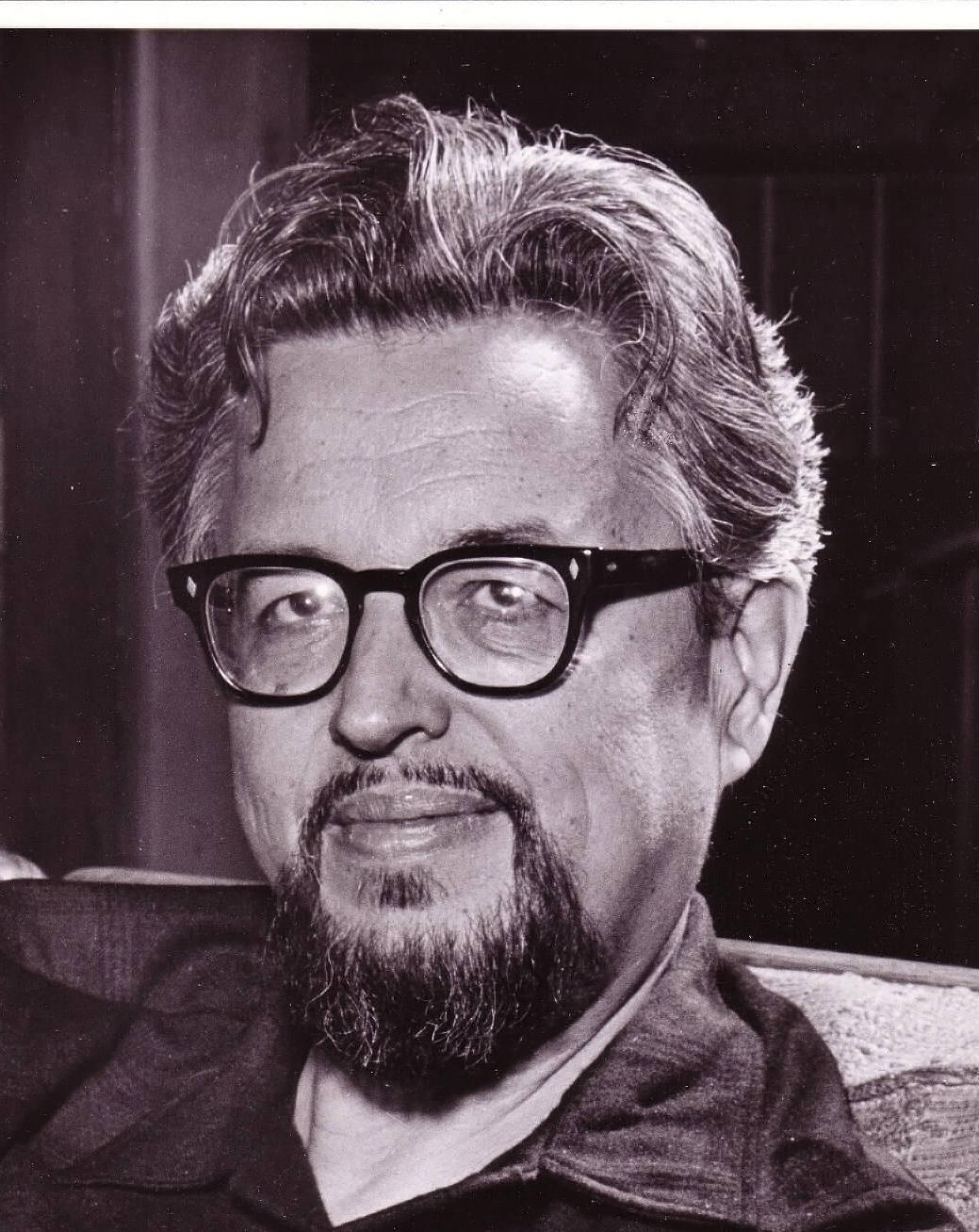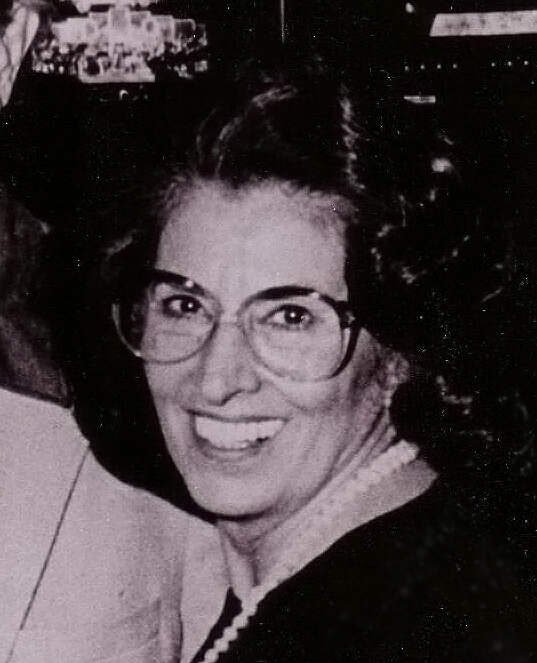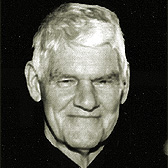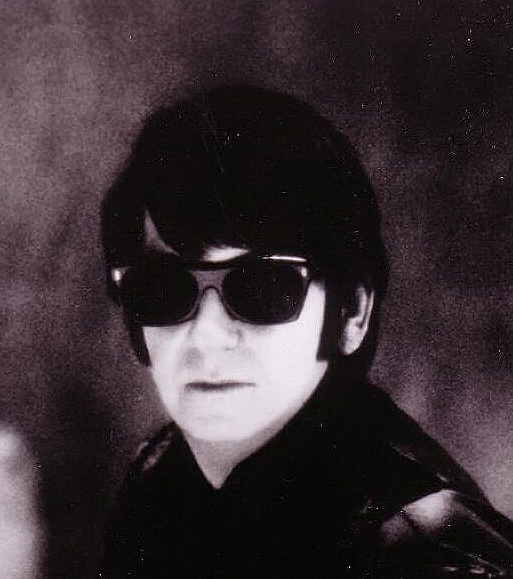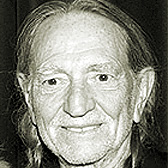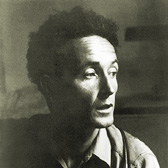
The Father of Country Music and "The Singing Brakeman"
Jimmie Rodgers
InducteeInfluenced the legends of country including Merle Haggard, Lefty Frizell, Hank Snow, Willie Nelson and Alison Krauss
James Charles Rodgers - “The Father of Country Music,” “The Singing Brakeman,” “America’s Blue Yodeler - was the first performer inducted into the Country Music Hall of Fame and has influenced the greatest writers and artists in every genre of music.
He was born on September 8, 1897 in Meridian, Mississippi. The son of a railroad section foreman, Rodgers was attracted to show business. At the age of thirteen he won an amateur talent contest and ran away with a traveling medicine show, only to return home shortly thereafter and work alongside his father.
After developing tuberculosis in 1924, Rodgers left the railroad and devoted his full attention to music. He organized amateur bands, toured with the rag-tag tent shows and played on street corners. In 1927, Rodgers had made his way to North Carolina. He organized a new band, the Jimmie Rodgers Entertainers and they performed regularly on a show broadcast on the Asheville, NC local radio station. After the show was canceled they found work in the Blue Ridge Mountains.
After the Entertainers broke up, Rodgers auditioned for Victor Records’ Ralph Peer who released Rodgers’ first single “Sleep, Baby Sleep” with the B side “The Soldier’s Sweetheart.” The song became a hit and Rodgers was sent to the Victor headquarters to record his immortal “Blue Yodels.” Within months, Rodgers was nationally touring as a solo act and with vaudeville tours as well as being broadcast regularly on the radio.
The music was unique. He fused hillbilly, gospel, blues, jazz, pop and mountain folk music creating the timeless "TB Blues," "Waiting for a Train," "Travelin' Blues," "Train Whistle Blues," and his 13 blue yodels. The yodel style was also distinct and almost immediately embraced by the South.
By 1929, Rodgers had become an official star, as his concerts became major attractions and his records consistently sold well. During 1929, he made a small film called The Singing Brakeman, recorded many songs, and toured throughout the country, often with Will Rogers and Louis Armstrong. He was extremely successful, but his health continued to decline.
Rodgers’ last recording session for Victor Records was completed on May 24, 1933. He was accompanied by a nurse and rested on a cot in between the sessions. Two days after the final cut, Jimmie Rodgers died from a lung hemorrhage. He was buried in Meridian and celebrated by one of the biggest memorials in Country Music.
Scroll to Discover Jimmie Rodgers Connections


